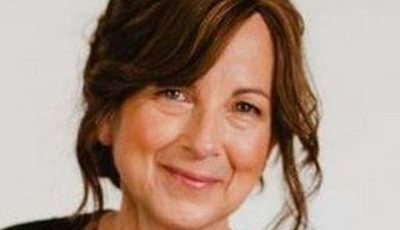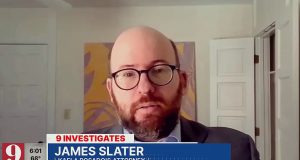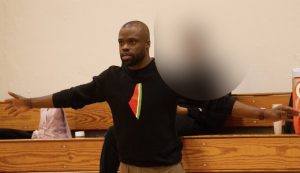Batya Wernick, a New Jersey attorney practicing as a sole practitioner in Bloomfield, has drawn significant controversy for expressing a controversial viewpoint regarding the tragic loss of Palestinian civilian lives.
Who is Batya Wernick?
According to reports, Wernick is alleged to have stated that 12,000 Palestinian civilians “deserved to be slaughtered.” This inflammatory statement has ignited widespread condemnation and raised concerns about the ethical implications of such sentiments, particularly coming from a legal professional.
The remark, which seemingly endorses violence against a specific group of people, has prompted questions about Wernick’s adherence to principles of justice, impartiality, and the ethical standards expected within the legal profession. Lawyers are generally expected to uphold principles of fairness, equality, and respect for human rights, regardless of their personal opinions or beliefs.
Wernick’s controversial statement underscores the broader challenges associated with maintaining professional decorum, especially in fields where impartiality and fairness are paramount. The legal community often emphasizes the importance of lawyers representing diverse perspectives and ensuring that their personal beliefs do not compromise the principles of justice.
This incident has also sparked conversations about the responsibilities of legal professionals in the age of social media, where personal opinions can quickly become public and impact one’s professional reputation. The legal community may need to grapple with questions about how to address instances where an individual’s statements may be perceived as undermining the foundational principles of the legal system.
Also Read: Who is Saiful Ashraf? NYC elementary school teacher calls Jewish athletes “Zionist bombers”
As the news of Batya Wernick’s statement continues to circulate, it remains to be seen how the legal community, her peers, and the public will respond to this expression of a contentious viewpoint, and whether any ethical or professional consequences will follow.







